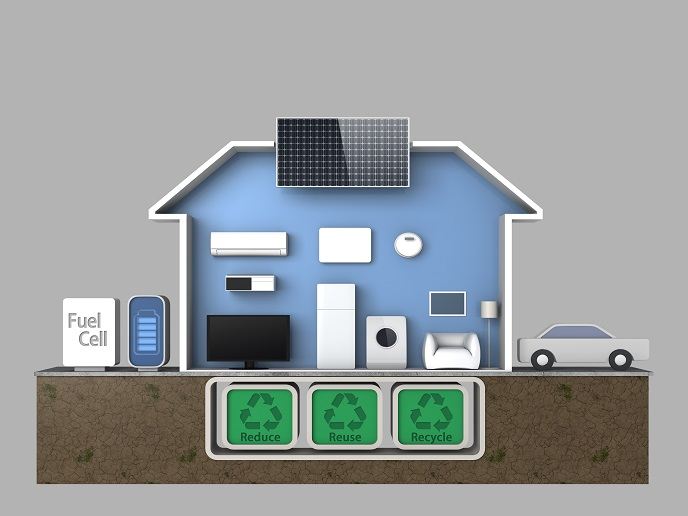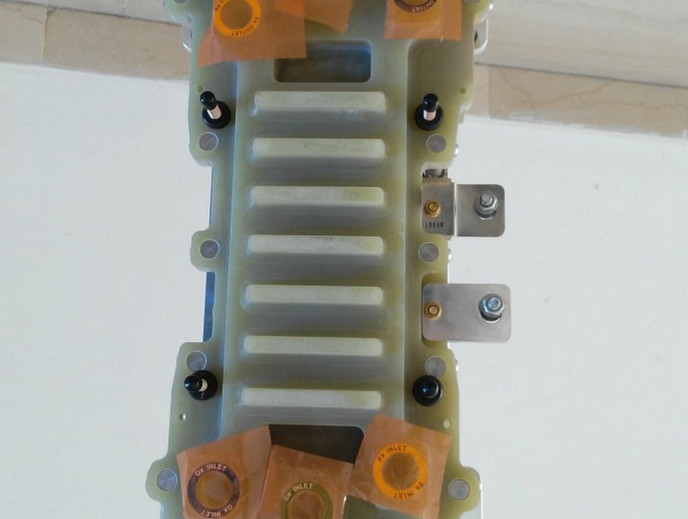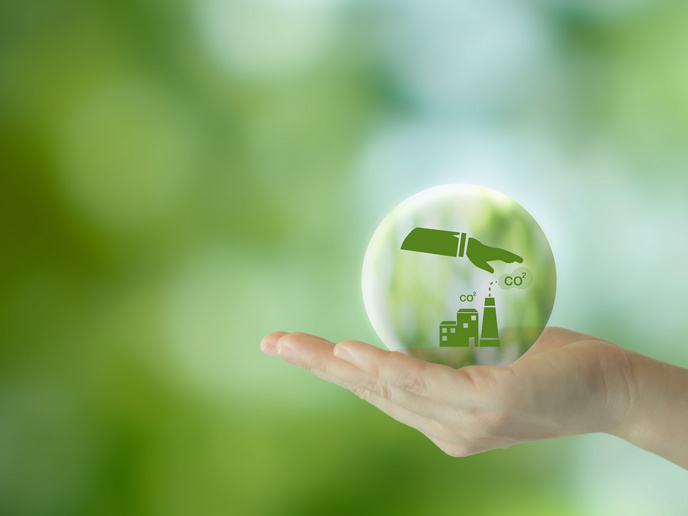Acids and bases recycled from wastewater
Wastewater effluent produced as a by-product of industrial activities usually requires treatment to neutralise its pH and to remove salts. Acidic water can be neutralised by sodium hydroxide, while an acid such as sulphuric acid is used to neutralise alkaline water. Since these neutralisation reactions produce sodium sulphate salt, the EU-funded project NOVEED(opens in new window) (A novel energy efficient electrodialysis cell to recycle acids and bases from industrial process water based on new types of electrodes to enable internal energy recovery) worked to recycle the salt back into its corresponding acid and base or to replace the neutralization step completely. This was achieved by improving commonly used electrodialysis procedures. The consortium investigated, developed and demonstrated a novel electrocatalytic process based on electrodialysis that efficiently recovers acids and bases from salt solutions. In electrodialysis (ED), salt ions are separated by applying an electric field to a stack of alternating anion exchange, cation exchange and optionally bipolar membranes placed between two electrodes. The bipolar membranes split water and provide the hydroxide (OH-) and hydronium (H3O+) ions required for the salt splitting. Since oxygen and hydrogen evolution at the electrodes result in a parasitic voltage drop, the energy consumption of the ED process is partially determined by the electrodes, which cannot be neglected especially for the case of highly concentrated (highly conductive) solutions. By using a new stack design, process layout and novel electrodes, NOVEED was able to reduce energy consumption by significant reduction of the voltage drop across the electrodes. The project therefore embedded catalysts in the electrodes, which combine the oxygen and hydrogen to create water once again. Researchers developed low-cost novel catalysts and characterised novel materials for membranes and electrodes in a cost-effective way. The technology developed by NOVEED can be applied to the mining industry or for any processes that need to neutralise wastewater. Enabling industries to recycle used acids and bases will lower costs, result in a cleaner environment, and reduce risky transport and storage of corrosive compounds.







